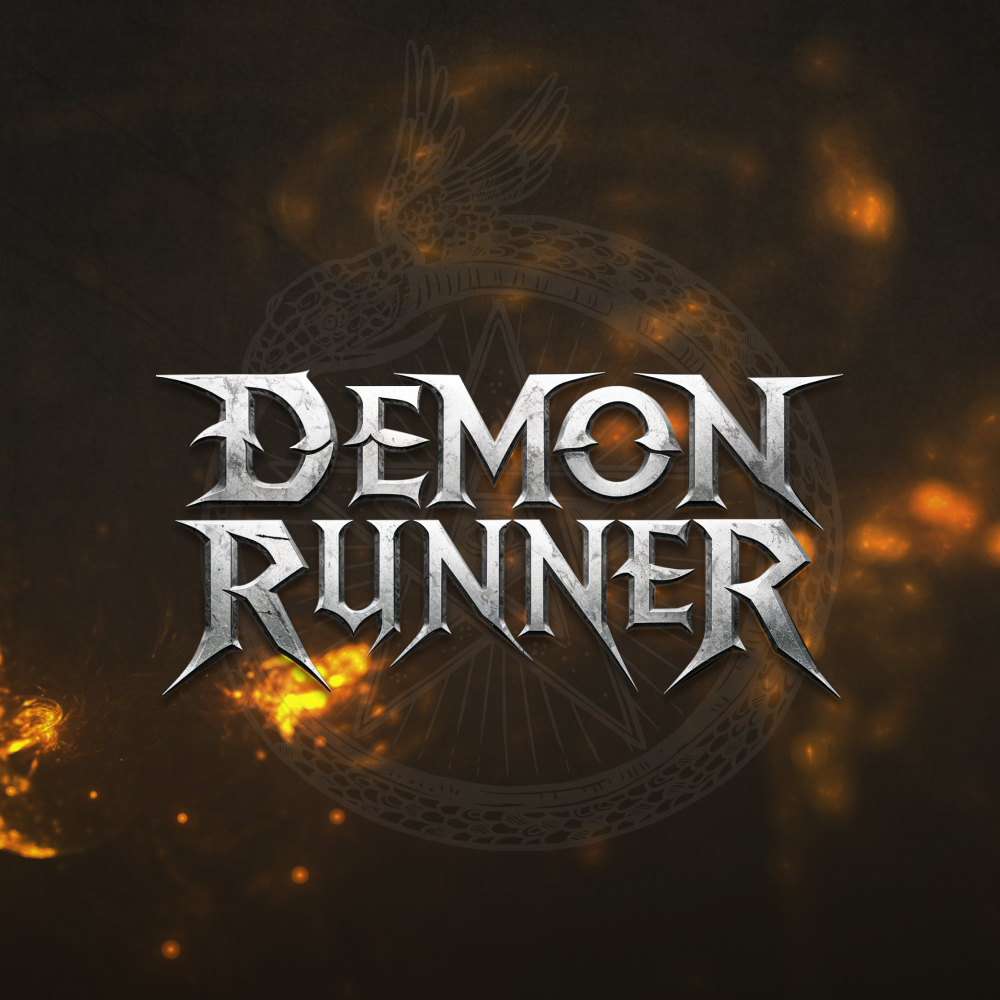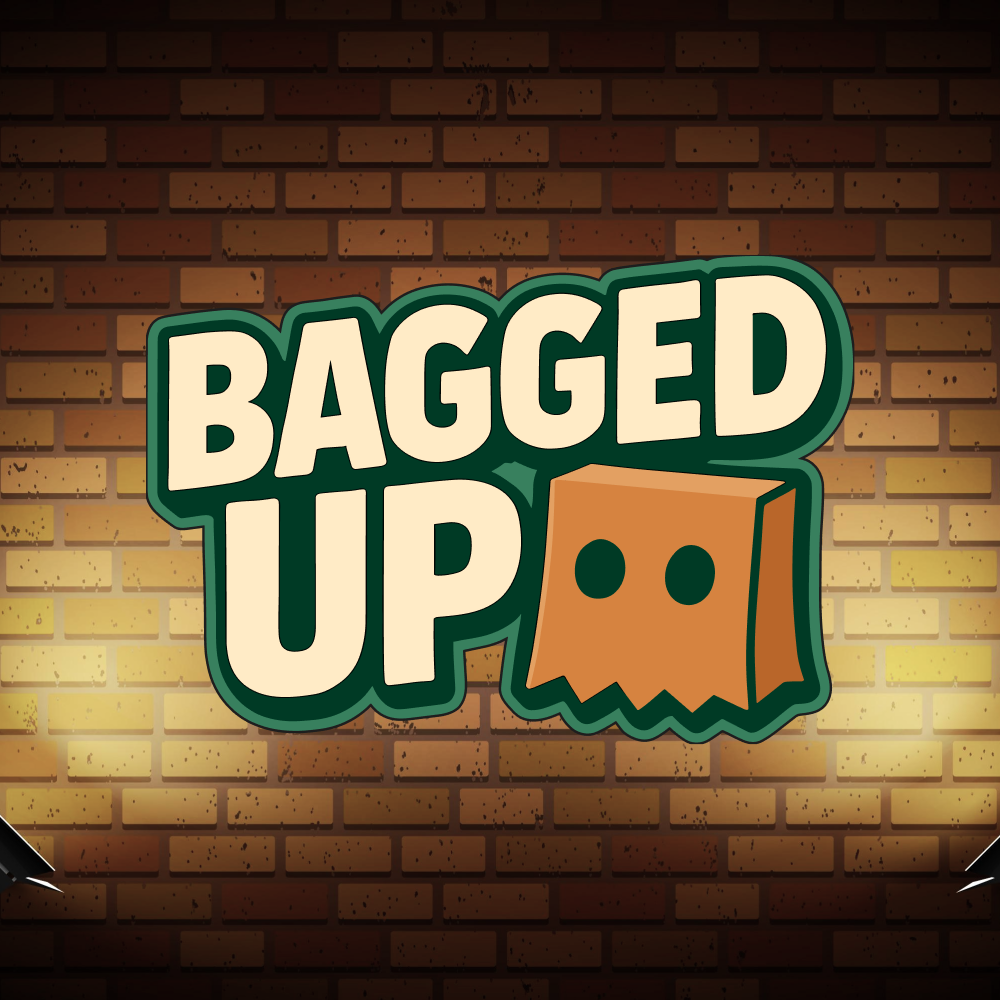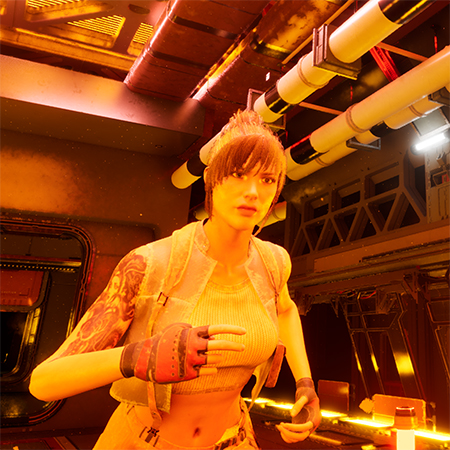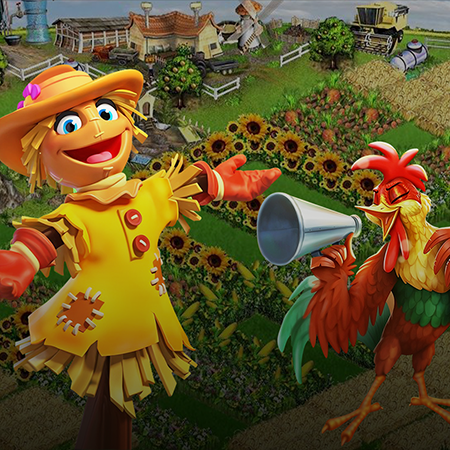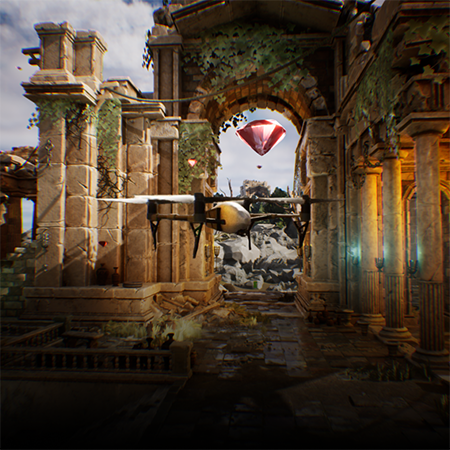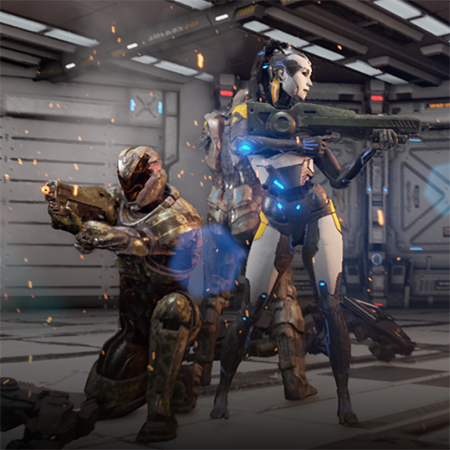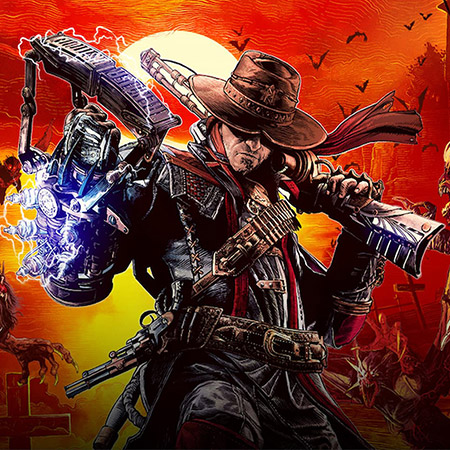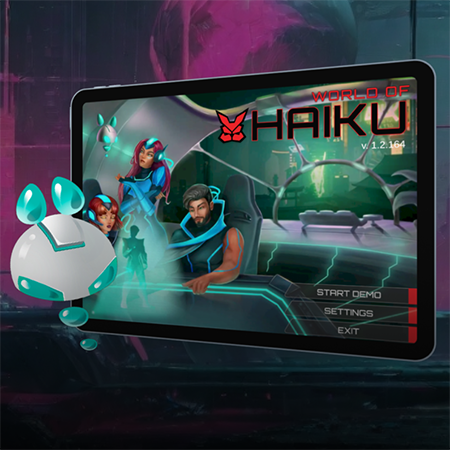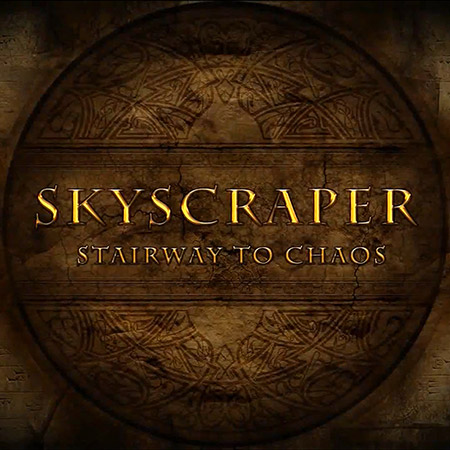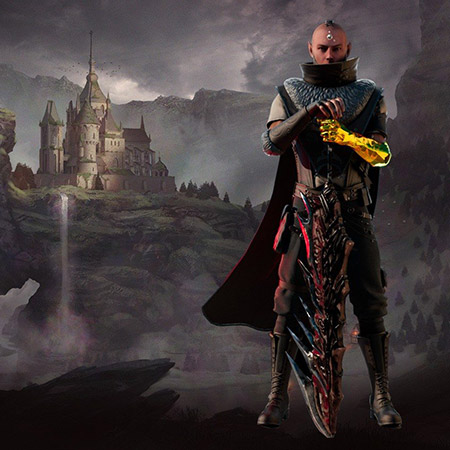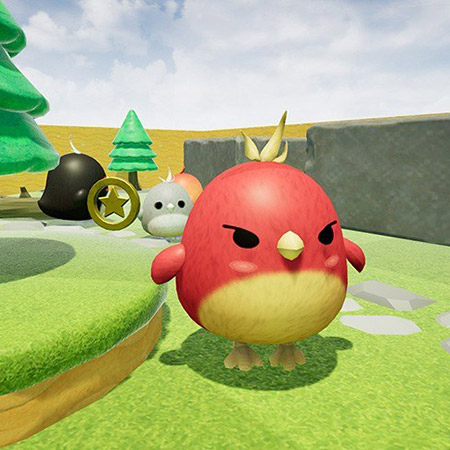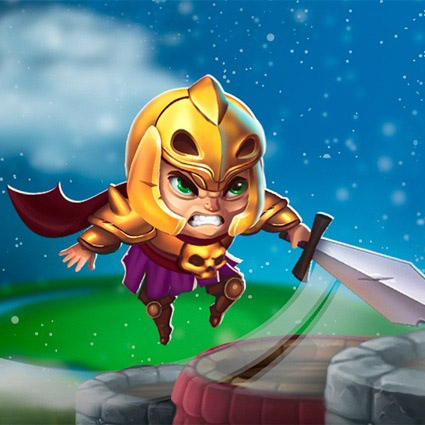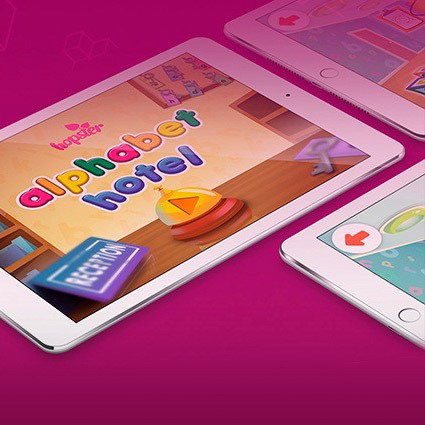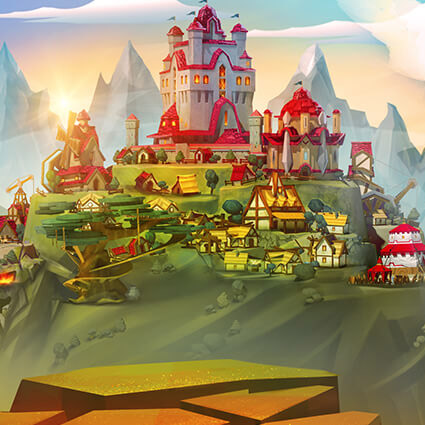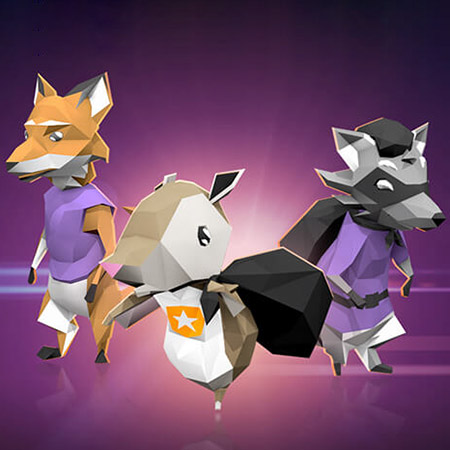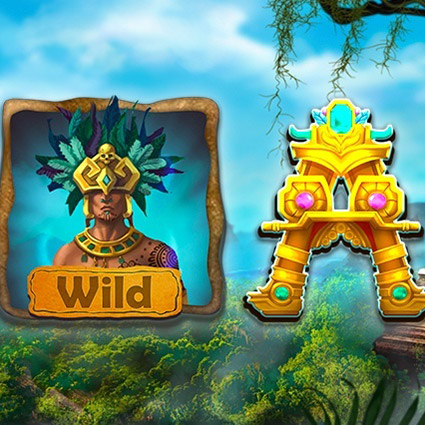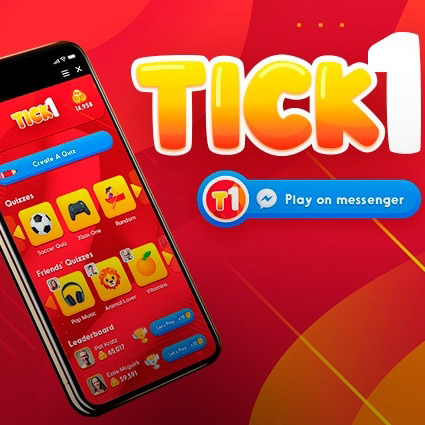On September 13, 2023, Unity announced a transformative change to its pricing model, shifting from a flat yearly rate to a per-install fee for game developers. Originally, it was supposed to take effect on January 1, 2024. But since this new model has ignited a firestorm of reactions across the game development community, the company announced some fixes.
Almost every Unity game development studio has expressed its opinion regarding the matter. So this blog post is our honest yet professional attempt to support Unity as a company that offers one of the greatest tool sets in the industry.
Despite the controversy, it's crucial to understand that Unity, as a publicly traded company, could have made these changes to sustain its business model and continue providing high-quality services. In this blog post, we aim to dissect the facts and explain why our studio stands in full support of Unity's new pricing strategy no matter what.
Recent Insights that Show Unity’s Loyalty to the Community
According to Bloomberg, Unity Software Inc. has decided to revise significant elements of its recently announced pricing model, which had sparked widespread protests and boycotts from the game development community. In a staff meeting, Unity revealed a tentative new plan that includes capping fees at 4% of a game's revenue for customers generating over $1m, which is 1% smaller than the fee offered by Unreal Engine.
In response to criticism, Unity Create president Marc Whitten held a fireside chat and published a letter to address the concerns. Whitten apologized for not seeking enough feedback before the program's launch. The new pricing model aims to establish a "shared success" between Unity and its users. Developers can choose between paying fees based on new monthly game engagements or a flat 2.5% of all revenue.
In the long run, only games with $1m earnings and 1m new user engagements in the past year are affected. Whitten defined "engagement" as a legitimate first-time user. Unity's removal of its Terms of Service (ToS) GitHub page, which tracked ToS changes, was criticized, but Whitten assured its restoration and the ability for developers to lock in terms for their Unity version.
Quick Review of the Facts Behind Unity's Pricing Model
When the chaos only burst out, companies like Innersloth and Massive Monster publicly denounced the change. However, later on Unity responded with clarifications: developers won't be charged until their game surpasses $200,000 in revenue and 200,000 installations.
In the wake of Unity's recent pricing model change, there's been a flurry of reactions and questions from the game development community. Let’s outline some key facts that were about to take place if the gaming community remained silent.
Announcement date. Unity announced its “new” pricing model on September 13, 2023, with plans to implement it on January 1, 2024.
Previous model. Before the change, Unity offered a free personal tier for hobbyists and students, with per-seat annual licensing ranging from $400 to $1,800, depending on the size of the business.
New pricing scheme. The “new” model introduced a pay-per-download pricing scheme. Developers would incur fees of up to $0.20 per installation.
Revenue and download thresholds. Unity clarified that these fees would only apply once a game surpassed $200,000 in revenue and 200,000 installations.
Impact scope. Unity stated that the change would affect fewer than 10% of their customers. Those impacted are generally those who have reached both the install and revenue thresholds.
Clarifications and adjustments. Following the initial backlash, Unity issued clarifications and adjustments to the debatable model, including how it would handle edge cases like charity bundles, fraudulent or pirated installs, and sales through game services like Xbox Game Pass.
Tracking mechanism. Unity planned to track installations using its own proprietary system, which raised concerns among developers.
By understanding these facts, we could have a more nuanced discussion about what Unity was to implement and what we all ended up with. Spoiler: everything turned out to have a happy ending.
Insight into the revenues revealed by Unity
Unity emphasizes its commitment to continuous investment in code development. This strategic focus is crucial, inasmuch as it can enhance functionality, performance, and software security. Such investments can be channeled towards refining existing products, innovating new ones, or modernizing the technological stack, ultimately bolstering the company's market competitiveness.
The company's financial report from August showcased results for the second fiscal quarter. The company achieved a record revenue of $533m, marking an 80% annual growth. A significant portion of this revenue, $340m, was attributed to the Grow Solutions segment, which focuses on monetization tools. Meanwhile, the Create Solutions segment, responsible for development tools, generated $193m.
Despite the impressive revenue growth, the company reported a net loss of $193m for the second quarter. For context, the first quarter of the current year ended with a loss of $254m, and the fourth quarter of 2022 saw a loss of $288m. This indicates a trend of narrowing losses, suggesting potential future profitability if the trajectory continues.
Peek Inside the Initial Backlash and Unity's Response
The announcement of Unity's “new” pricing model was met with strong criticism from the game development community. Developers expressed concerns about business sustainability and the potential for players to exploit the new 'runtime fee' system. The discontent was further fueled by Unity's shift to a flat fee for every game installed, coupled with a subscription fee for professional developers. This change was viewed as costly and burdensome, particularly for those selling games at lower prices.
Unity's stock prices also took a hit following the announcement, dropping 8% to an intraday low of $35.83. Several Unity executives reportedly sold substantial amounts of the company's stock in the weeks leading up to the controversial decision. In response to the backlash, Unity issued clarifications. The company stated that installations counted toward reaching the new revenue threshold would not be retroactive. Unity also announced plans to implement a system to flag malicious activity and exempt demos or game keys given away in charity bundles from counting as installations.
Despite these clarifications, many developers were still not satisfied. Garry Newman, founder of Rust developer Facepunch Studios, expressed that the issue was not the cost but the lack of consultation and warning from Unity. Unity has apologized and promised revisions to its runtime fee policy but has not provided any details yet.
While the initial reactions have been strong, it's important to note that Unity has shown a willingness to engage with the community and make adjustments. The company's efforts to clarify and revise the new pricing model indicate an ongoing dialogue that could lead to further positive changes for both parties.
Want to create a game? Let’s partner up!
Why the Change Could be Necessary for Unity
In the fast-paced world of technology, companies must continually adapt to stay competitive and meet the evolving needs of their customer base. This is no different for Unity, a game development industry leader. While the specifics of Unity's financials and strategic goals are not publicly detailed in the context of the discussed pricing change, we can look at general business practices to understand the rationale behind such a decision.
Revenue diversification
Companies often seek to diversify their revenue streams to mitigate risks. Unity's introduced pricing model reflected a pay-per-download scheme, which could serve as an additional revenue stream alongside their existing subscription plans. This diversification could make the company more resilient against market fluctuations.
Aligning costs with usage
The introduced model aimed to charge developers based on the actual usage (downloads) of their games. This could be seen as a more equitable approach, where costs are directly tied to the success and reach of a project, potentially making high-revenue projects contribute more to the ecosystem.
Investment in innovation
Additional revenue could be funneled back into R&D, allowing Unity to continue innovating as well as offering new features and improvements to its engine. Similar decisions may have proven crucial for staying competitive against other game development platforms.
Customer segmentation
By implementing a new pricing model that affects only those who surpass certain revenue and download thresholds, Unity could be targeting a specific segment of its customer base that can afford these changes while still offering cost-effective solutions for smaller developers.
Market adaptation
The technology landscape is continually evolving, and customer expectations are rising. Companies that do not adapt their business models risk becoming obsolete. Unity's change, although controversial, signified an attempt to adapt to current market conditions.
Long-term sustainability
Finally, for Unity to continue providing high-quality services, including customer support, regular updates, and new features, it needs a sustainable revenue model. The new pricing could be a step toward ensuring long-term sustainability.
While the change has sparked controversy, it's essential to consider that Unity, like any other business, needs to adapt and evolve to continue providing value to its users and stakeholders.
Impact the Debatable Model Could Have on Studios
Unity's announced pricing model has stirred the waters, affecting both small indie developers and large AAA studios. Let’s talk about the potential effect it could entail for various studios from different perspectives.
Small studios. Indie developers have been vocal about their concerns. The new pricing model could potentially kill smaller games, as the costs would be too high for studios that don't generate substantial income per user. For instance, if a player deletes a game and reinstalls it, that counts as two installs, making developers "vulnerable to abuse" from bad actors who repeatedly uninstall and reinstall their games. This could be particularly detrimental for small studios lacking robust fraud detection resources.
Large studios. On the flip side, large studios may have also felt the pinch, but to a lesser extent. Rust developer Garry Newman calculated that Facepunch Studios would owe Unity about $410,000 under the “new” model. While this amount might not have been crippling for a large studio, it still represented a significant new cost. Newman also raised concerns regarding Unity's ability to impose such fees unilaterally as well as questioned the reliability of the introduced tracking system.
Revenue thresholds. Unity has set different thresholds for different subscription plans. Games developed with Unity Personal and Unity Plus reach the fee threshold at $200,000 of revenue and 200,000 lifetime installs. In contrast, Unity Pro and Unity Enterprise accounts must reach $1m in revenue and 1m lifetime installs for the fee to kick in.
Emerging markets. Developers in emerging markets would have lower costs per install past their threshold, which could make it more manageable for studios in these regions.
The discussed pricing model could have a broad impact, affecting studios of all sizes. While it introduced new challenges, it also set the stage for reevaluating business strategies across the board.
Our Studio's Perspective: Why We Support Unity
In the midst of the ongoing debate surrounding Unity's new pricing model, our studio stands firmly in support of Unity Technologies. Our rationale for this is rooted in the unparalleled advantages that Unity has consistently offered to game developers like us.
A bit of numbers
Unity's engine has been a cornerstone in the game development industry. Based on a 2022 study focused on free mobile apps and games, Cordova leads the pack, being used in roughly 6.5% of Android and iOS applications. Unity closely follows, accounting for 6.45% of all such apps. React Native, owned by Meta Platforms, takes the third spot, powering around 5.3% of mobile apps and games.
This is not by accident but a result of Unity's robust framework, a wide range of tools, and features that have made it a go-to choice for indie developers and large game studios. Unity supports over 25 platforms, including major operating systems like Windows, macOS, iOS, Android, and popular gaming consoles such as PlayStation, Xbox, and Nintendo Switch. This cross-platform capability has saved us countless hours and resources, allowing us to focus on what we do best: creating compelling games.
The power of Unity
Another strong point is Unity's vibrant community, which provides developers with valuable resources, support, and collaboration opportunities. This community-driven approach has been instrumental in our studio's growth and success. Unity's Asset Store offers a vast collection of ready-to-use assets, including 3D models, audio clips, scripts, and more. This has accelerated our development process, enabling us to meet deadlines without compromising quality.
Unity's engine features advanced functionalities like real-time rendering, physics simulation, and lighting effects. These have allowed us to produce high-quality games that stand out in a crowded marketplace. That’s why, on behalf of our studio, we fully support Unity's decision to revise its pricing model. We understand that for Unity to continue offering such a high-quality platform, changes are necessary to sustain its business model. We believe that Unity's willingness to adapt and innovate will only serve to benefit the game development community in the long run.
Let’s Make a Unity Game Together
Despite the turmoil, Unity remains a steadfast ally for studios big and small. Our custom game development company fully supports Unity's new pricing model, recognizing it as necessary for the platform's long-term sustainability and innovation. As for Unity itself, we genuinely believe that the company will continue to bring profit and develop in an unbreakable cooperation with the community.
So, let's connect and make something extraordinary if you are as passionate about game development as we are. Reach out to us today, and let's make a Unity game that will captivate audiences and set new standards in the industry.
 Unity 6: Revolutionizing Game Development for the Next Generation
Unity 6: Revolutionizing Game Development for the Next Generation  Rapid Game Development: Unleashing Creativity with Speed and Precision
Rapid Game Development: Unleashing Creativity with Speed and Precision 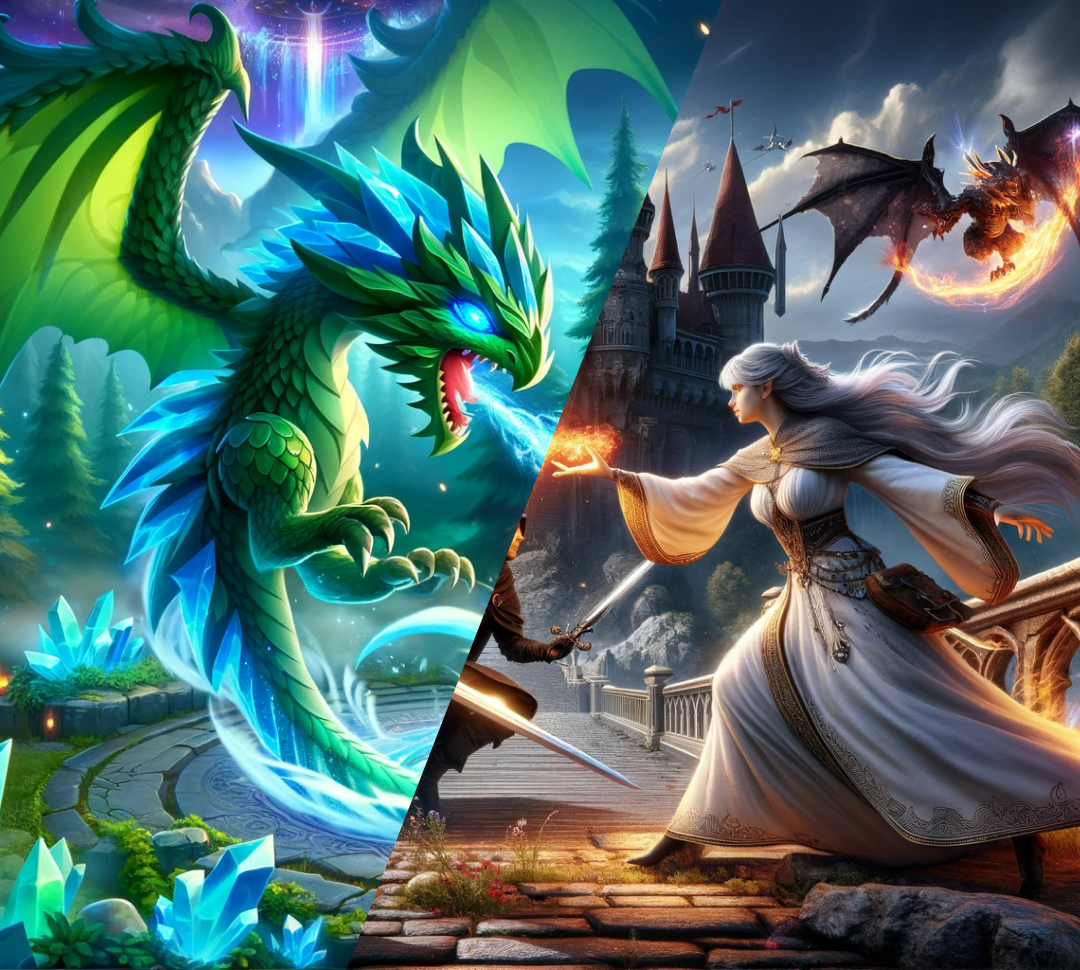 How Much Do You Know About Games in the Unity 2D vs. 3D Battle?
How Much Do You Know About Games in the Unity 2D vs. 3D Battle?  The Best Game Engines: Research from Game-Ace Specialists
The Best Game Engines: Research from Game-Ace Specialists 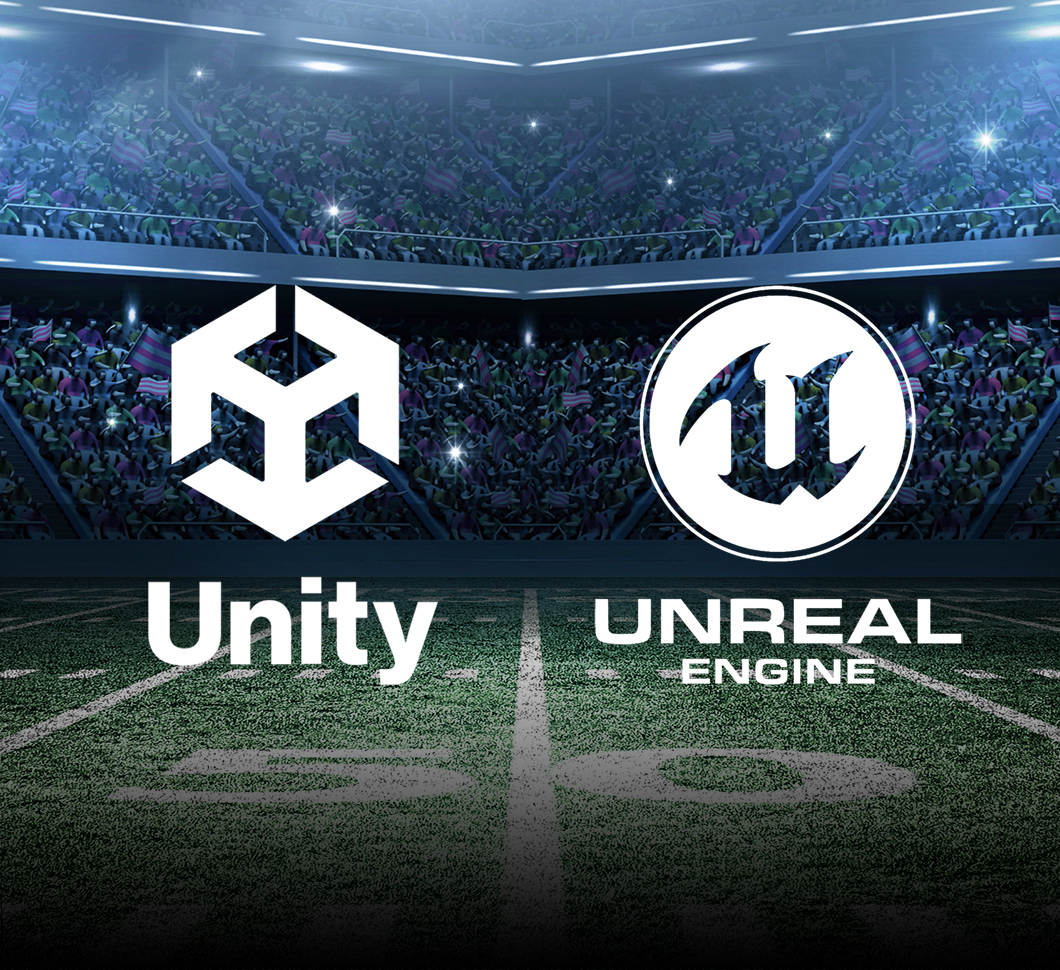 Unity vs Unreal: Two Main Game Engines Compared by Game-Ace
Unity vs Unreal: Two Main Game Engines Compared by Game-Ace 










